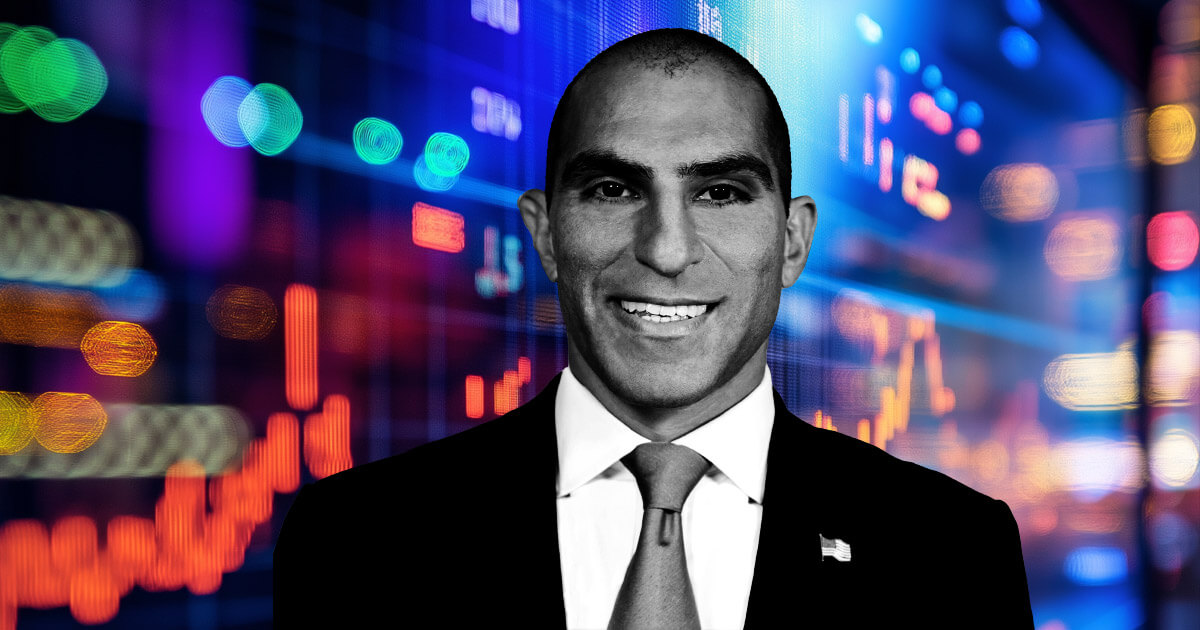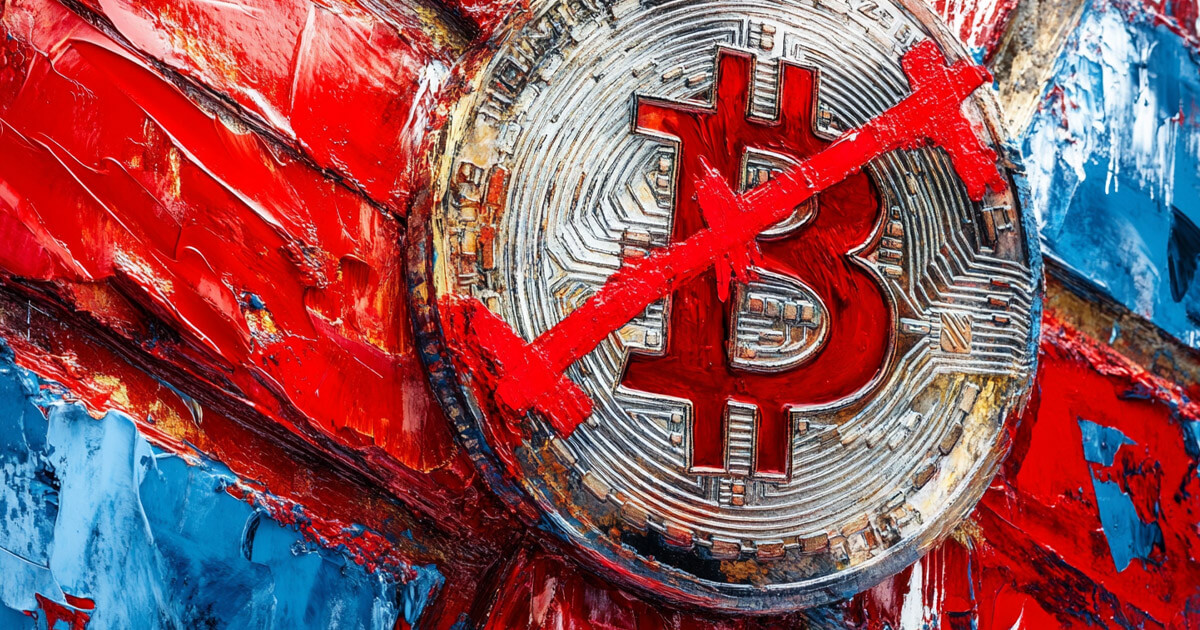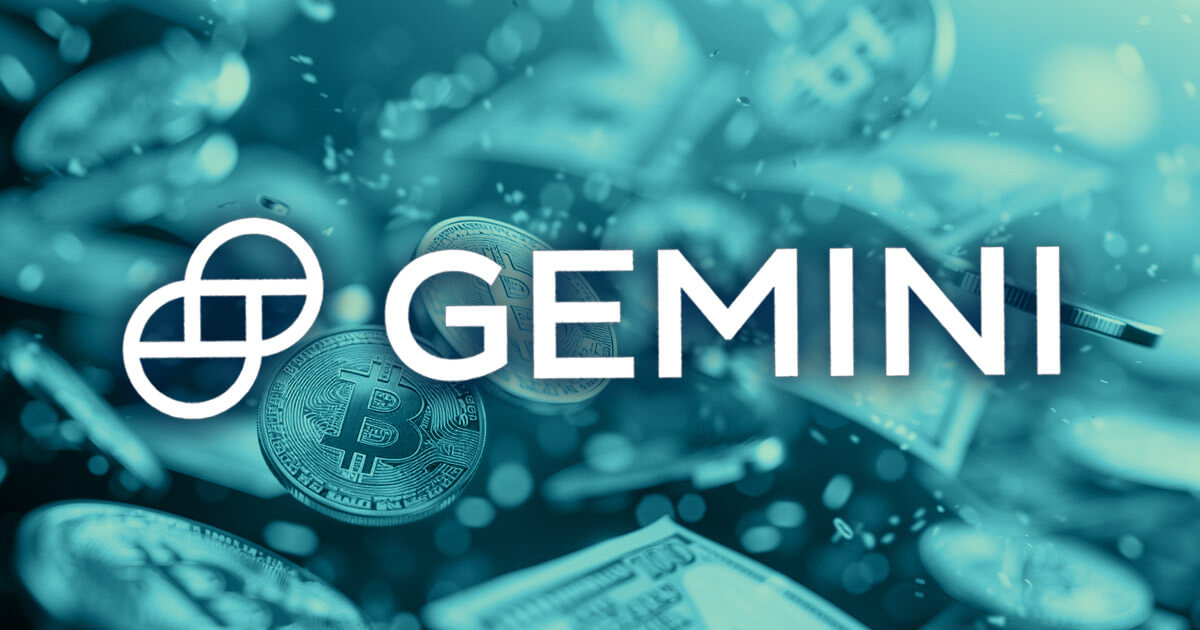It doesn’t take a great deal to drop the value of the entire crypto market by a few hundred million dollars. The SEC’s attacks last week were no exception, precipitating a fall in Bitcoin to around $25,000 for the first time since March.
That said, the US Securities and Exchange Commission’s (SEC) job is to regulate and protect – especially the ordinary punter – and, if it had said and done nothing, then the regulatory body might easily be accused of malpractice.
The realty is that, around eight months on, the fallout from FTX continues to reverberate around the crypto world, and, in truth, Binance might be termed ‘FTX mark 2’.
Binance – just like FTX – is a crypto exchange. But it is also a trading platform, a custodian of funds, a hedge fund, and a market maker – not to mention creator of its own coin and staking rewards.
Any institution other than a crypto entity would never be allowed to act in this way, with all the obvious conflicts inherent in these mutually incompatible types of business.
Customer assets held in trust or apart? Er, no. Internal funds not allowed to trade against customers? No again. And the controlling person – Changpeng Zhao, known as CZ – has been evading US jurisdiction for some years.
CZ might be in Malta. Or anywhere, as Binance doesn’t actually have what one might call a registered office. The UK was first out of the block on Binance’s British operations, but that doesn’t make Gensler wrong.
Where I think he is wrong is in going after Coinbase. Remember, Coinbase is a US-registered business, already overseen by the SEC, and Brian Armstrong – its boss – has engaged at every turn both with the SEC and other worldwide entities to explain and clarify the world in which the company operates.
Crypto is, of course, a completely different monetary system – or perhaps ‘value transfer system’ would be more accurate – to the existing fiat landscape. Crypto is hard to regulate sensibly and even harder to regulate from one central point – it doesn’t really work like that, as anyone immersed in the almost borderless world of crypto knows.
I have argued in this column before that we in the world of crypto should embrace regulation – it can only further legitimise this emerging financial system. But, it cannot merely be an imitation of the rules and institutions that govern the existing financial system.
In truth, there likely needs to be an organisation a bit like the International Monetary Fund (IMF) that is dedicated to crypto. Different jurisdictions with different rules won’t be able to deal with companies and individuals who have a good reason, and are readily able, to go somewhere else.
In its filings of June 7 2023, the SEC stated: “Binance and Zhao are not the typical foreign entity and individual, as they are widely known for disagreeing with the premise of a headquarters or domicile, let alone identifying one.”
In addition, the SEC has been unable to discern: “the full extent of the defendants’ assets, the exact whereabouts of investor money, or the status or location of other assets that may be used to satisfy a money judgment against the defendants.”
There you have it – how do you serve anything – or, in the final analysis, secure anything – against that kind of entity? Let alone identifying where CZ actually is. So, there needs to be some sort of global body that can at the very least serve papers.
Maybe each exchange or crypto entity in each country should have to identify where papers can be lodged. The issue, of course, is that crypto started from nowhere and to a large extent remains nowhere. Regulators are only now getting to grips with what is required.
If we’re going to be serious about crypto regulation, we can’t tar everyone in the industry with the same brush – there are those who play by the rules, and those who don’t, in every sector. And, on a more general note, we can’t just transplant the rules of the old financial system onto a new one – particularly when its whole ethos is to be what the existing order is not.
Credit: Source link














































